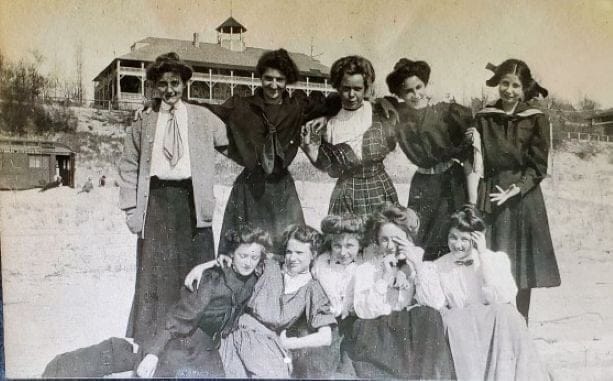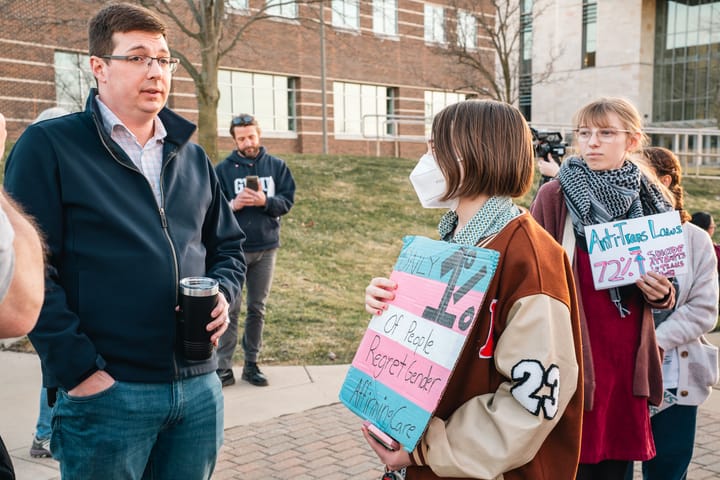A look back at Grand Haven's prestigious finishing school: The Akeley Institute
The Akeley Institute, a prestigious finishing school for girls, opened in Grand Haven in 1888, and was located downtown, just east of Central Park. As the years passed, the sterling reputation of the school, with its fine staff and curriculum, attracted girls from all over the Midwest.





